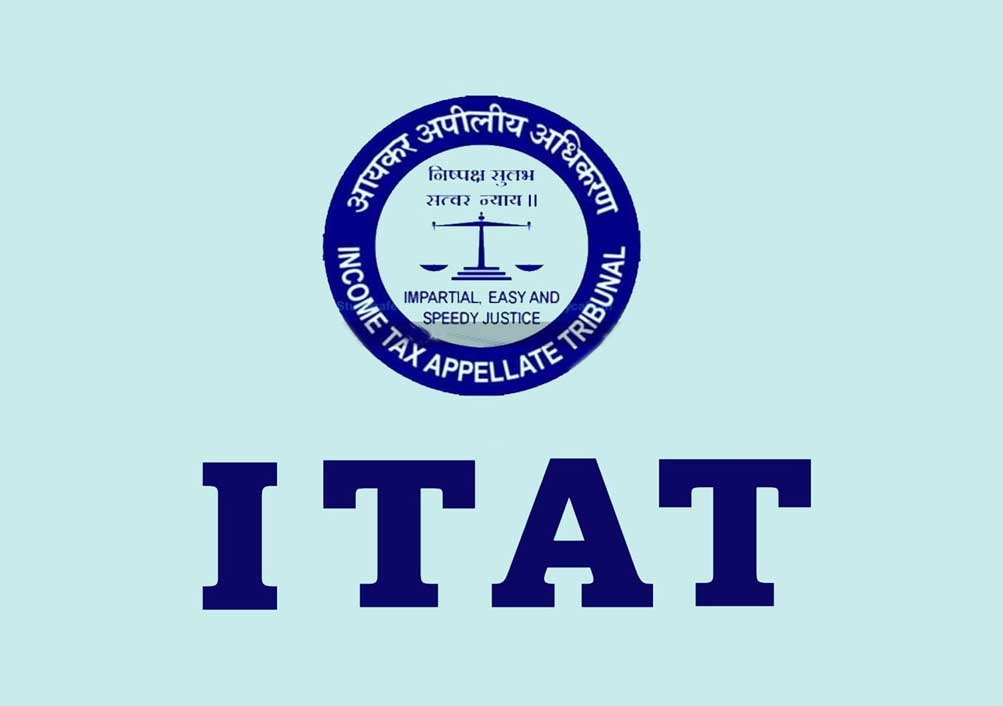In ITA No.402/Hyd/2022 – ITAT - ITAT (Hyderabad) upholds penalty on Assessee for concealment of income under Section 271(1)(c) of the Income Tax Act
Members R.K. Panda (Accountant) & Laliet Kumar (Judicial) [22-05-2023]

Read Order: Shavva Sudheer Reddy v. Asstt. C.I.T
LE Correspondent
Mumbai, May 23, 2023: The Hyderabad bench of the Income Tax Appellate Tribunal has upheld the penalty levied by the Assessing Officer (AO) on the assessee, under section 271(1)(c) of the Income Tax Act, which was sustained by the Commissioner of Income Tax (Appeals) [CITA(A)].
Factual background of the case was that the assessee, an individual, filed his income tax return, declaring a total income of Rs. 8,50,600/-. Subsequently, a search and seizure operation under section 132 of the Income Tax Act was conducted in the case of the Mytrah Energy group, in which the assessee was also covered. As a result, a notice under section 153A was issued to the assessee, who filed a revised return of income, admitting a total income of Rs. 58,00,600/-. The assessment was completed with an addition of undisclosed investment under section 69B of the Income Tax Act amounting to Rs. 36,50,000/-. The AO, considering the admission of undisclosed investment by the assessee in sworn statements recorded, held that the assessee was liable for the penalty under section 271(1)(c) of the Income Tax Act for concealing income. In appeal, the CIT (A) sustained the penalty levied by the AO.
The bench of R.K. Panda (Accountant) and Laliet Kumar (Judicial) noted that it was an admitted fact that the assessee could not explain the source of the undisclosed investment towards the purchase of the property at Bangalore and the payment made towards interiors for purchase of villa at Kondapur.
So far as the argument of the assessee that undisclosed investment was offered to tax only to put a quietus on the issues and to avoid protracted litigation, the bench held that the addition was not voluntary but only after the search was conducted and incriminating evidence were found and confronted to the assessee for which the assessee had no other option but to pay the tax on the said amount. Had there been no search, the assessee would not have offered the above income to tax.
Sign up for our weekly newsletter to stay up to date on our product, events featured blog, special offer and all of the exciting things that take place here at Legitquest.




Add a Comment